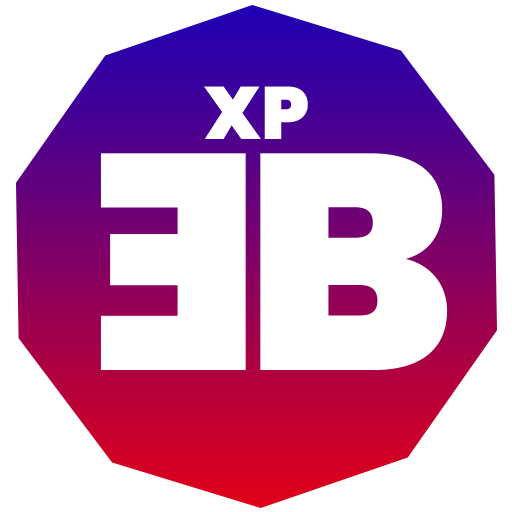Play 1942 (Revision A, bootleg) [Bootleg]
1942 (Revision A, bootleg) [Bootleg] refers to an unauthorized clone or modified version of Capcom’s classic arcade shooter 1942, specifically the “Revision A” variant — meaning it’s a slightly altered version of the original ROM, typically by unauthorized third-party distributors.
🛠️ What is a “Bootleg” Version?
-
A bootleg arcade game is an unauthorized copy or modification of a legitimate arcade board.
-
In the case of 1942 (Revision A, bootleg), this version was likely created by manufacturers in markets where official Capcom arcade boards were hard to obtain or too expensive.
-
These bootlegs were commonly seen in parts of Asia, South America, and Eastern Europe during the 1980s and 1990s.
✈️ About 1942 — The Original Game
-
Original Developer: Capcom
-
Original Release Year: 1984
-
Platform: Arcade (Z80-based hardware)
-
Genre: Vertical-scrolling shoot-’em-up
-
Setting: Pacific Theater of WWII
-
Player Plane: P-38 Lightning
-
Objective: Shoot down enemy planes and reach Tokyo
🕹️ Features in the Bootleg Version
Bootleg versions of 1942 like “Revision A” typically retain most of the core gameplay, but may include:
-
✅ Minor Code Tweaks — Adjusted difficulty, altered scoring system, or modified enemy behavior.
-
✅ Audio Differences — Slightly glitched or altered sound effects/music due to different sound chips.
-
✅ Performance Glitches — Occasional flickering sprites, visual bugs, or sound desyncs.
-
✅ Lack of Polishing — Missing Capcom logo or copyright notices, garbled text, or incorrect colors.
-
❌ No Official Support — These versions were not sanctioned by Capcom and often ran on modified boards.
🧠 Why Bootlegs Existed
During the arcade boom of the 1980s:
-
Bootleggers cloned successful titles like 1942, Pac-Man, and Donkey Kong to cash in on their popularity.
-
Often these games were cheaper for arcade operators to purchase or install.
-
In some regions, copyright laws were poorly enforced, making bootlegs common.
⚠️ Legal & Ethical Note
While bootlegs played a role in spreading arcade gaming, they:
-
Violated intellectual property laws
-
Were less stable or buggy
-
Deprived original developers (like Capcom) of revenue
📥 Emulation Status
-
Bootleg versions like 1942 (Revision A, bootleg) are preserved via MAME (Multiple Arcade Machine Emulator).
-
You’ll see them listed alongside official versions — often used for historical or technical study.
🔚 Summary
1942 (Revision A, bootleg) is a fascinating piece of arcade history — a mirror of how popular and widely distributed Capcom’s original game was, even in unofficial forms. Despite being unauthorized, it contributed to the wide global reach of 1942, particularly in regions underserved by official arcade distributors.

![1942 (Revision A, bootleg) [Bootleg] 1942 (Revision A, bootleg) [Bootleg]](https://elitexpboost.web.id/wp-content/uploads/2025/07/WhatsApp-Image-2025-07-21-at-16.21.29_137e5abc.jpg)